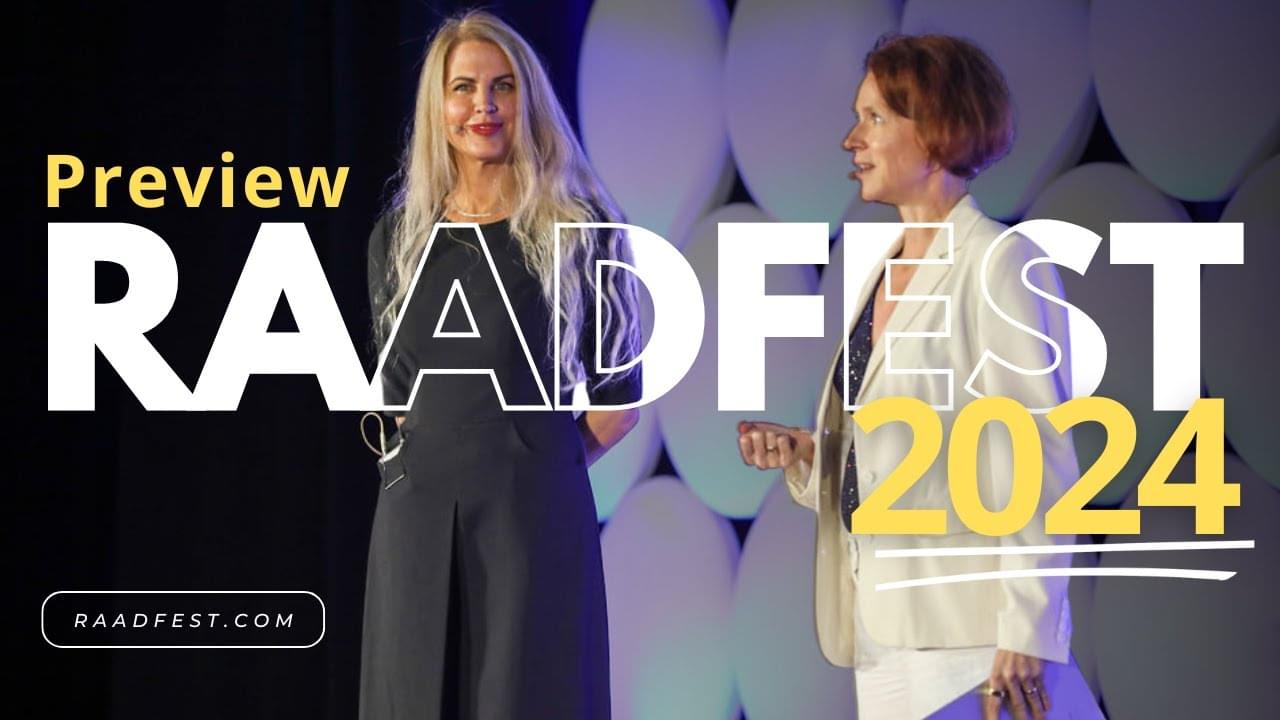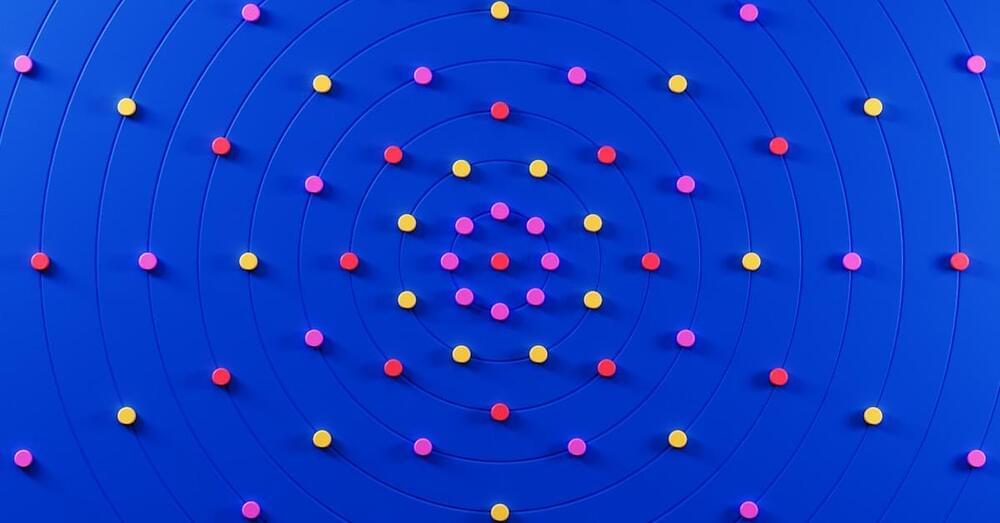Aug 2, 2024
Should scientists be paid when AI chatbots use their work?
Posted by Shubham Ghosh Roy in category: robotics/AI
Two major scientific publishers have recently sold access to research papers to train AIs at big tech firms.
Two major scientific publishers have recently sold access to research papers to train AIs at big tech firms.
A city in Southern California has become the first in the nation to replace its police patrol cars with electric vehicles, officials announced Monday, unveiling a fleet of 20 new Teslas.
South Pasadena on the edge of Los Angeles will replace its gas-guzzling police cruisers with the Teslas to help protect public health and fight climate change through reducing emissions. The Teslas will use new electric vehicle chargers installed at City Hall, officials said.
Self-driving cars occasionally crash because their visual systems can’t always process static or slow-moving objects in 3D space. In that regard, they’re like the monocular vision of many insects, whose compound eyes provide great motion-tracking and a wide field of view but poor depth perception.
Except for the praying mantis.
A praying mantis’s field of view also overlaps between its left and right eyes, creating binocular vision with depth perception in 3D space.

I like what Fahy says here most.
RAADfest is the largest and most immersive event in the world focused on super-longevity for a general audience. Bringing together cutting-edge science, inspiration, entertainment and fun, RAADfest is more than just a conference – it’s a celebration of life. From brain longevity and sexual health, to senolytics, personalized medicine and helping your pets live longer too, RAADfest provides the information and inspiration to enable people to take charge of their longevity.

Former Google CEO Eric Schmidt weighs in on where AI is headed, when to “pull the plug” and how to cope with China.
Mining cryptocurrencies like bitcoin could be done using quantum computers, cutting their electricity use by 90 per cent.
By Alex Wilkins
Meta CEO Mark Zuckerberg believes open-source language models like Llama are the future of AI. The company is investing heavily in computing power for its next-generation model and expects AI chatbots to become ubiquitous on websites soon.
Ad.
“I think we’ll look back on Llama 3.1 as a turning point in the industry, where open-source AI started to become the industry standard, like Linux,” Zuckerberg said during the latest earnings call.
I have a new essay out via the wonderful site Merion West. The article is based on some of my experimental writings at Oxford. I hope you’ll read and consider it. I’m highly worried life extension science isn’t moving forward fast enough!
“Sadly, biological humans are likely to be mortal for centuries more, unless a dramatic increase of both resources and life extension scientists are marshaled.”
Certain well-known gerontologists and longevity experts around the world believe that sometime in this century—probably in the next 15–50 years—medicine will likely overcome and cure most forms of disease, and even death itself. Billionaires such as Meta’s Mark Zuckerberg, Amazon’s Jeff Bezos, Alphabet’s Larry Page, and Oracle’s Larry Ellison have jumped on board, pledging billions of dollars to “conquering all disease by this century” and mortality altogether.
Continue reading “When We’re Overly Optimistic about the Pace of Life Extension Research” »
An international team of scientists, led by Trinity College Dublin, has devised an innovative imaging method using state-of-the-art microscopes that significantly reduces the time and radiation required. Their work represents a significant breakthrough that will benefit several disciplines, from materials science to medicine, as the method promises to deliver improved imaging for sensitive materials such as biological tissues that are especially vulnerable to damage.
For generations, researchers have been pondering the question of how and where consciousness is formed in the brain. Professor Ekrem Dere from Ruhr University Bochum, Germany, proposes a new approach to researching conscious cognitive information processing. He advocates defining phases of conscious cognitive processes on the basis of behavioral observations and learning curves.
“Learning is often not a gradual process, but takes place in leaps and bounds; you could say that humans and animals experience sudden epiphanies every now and then,” he says. “It’s likely that these experiences are preceded by conscious processes.”
Dere outlines his new approach, which might apply to both humans and animals, in an article published in the journal Frontiers in Behavioral Neuroscience.
